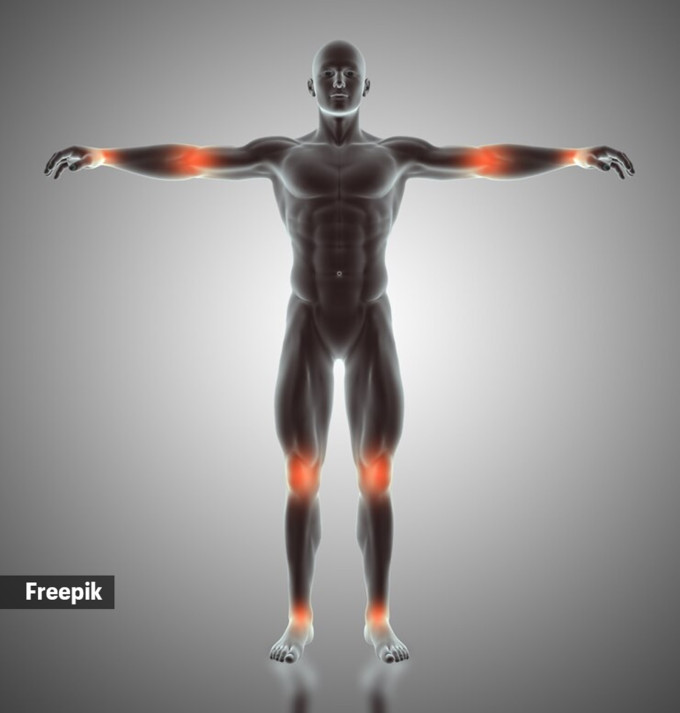Chhavi Mittal shares her grandfather’s surprising secret to living 101 years: ‘He stopped eating…’
Actor Chhavi Mittal recently shared a unique health philosophy passed down by her grandfather, who lived to be 101 years old. According to Mittal, her grandfather never took medications when he fell ill.
In a reel posted on Instagram, Mittal said, “My mom told me once that my grandfather, who passed away at the age of 101, when he used to fall sick… he didn’t take any medicine or antibiotics. At the most, he would take one or two paracetamol tablets. But he stopped eating… and his logic was everything is related to the gut. So allow your gut to heal… and within two days he would be fine.”

View this post on Instagram
A post shared by Chhavi Mittal (@chhavihussein)
This unconventional approach to health raises interesting questions about the role of fasting and diet in the body’s healing process. Is there any scientific basis behind the idea that allowing the gut to rest can enhance recovery?
Dr Pranav Honnavara Srinivasan, consultant gastroenterologist at Fortis Hospital, says, “The notion that fasting can aid recovery is rooted in the idea that it allows the body to redirect energy from digestion towards immune function and repair. Some research suggests that fasting or reducing calorie intake can indeed have positive effects on gut health and overall well-being.”
Potential benefits of fasting when you’re sick
-Gut Rest and Repair: Fasting can give the digestive system a break, allowing the gut lining to repair itself and potentially improve gut barrier function. This can be particularly helpful in conditions like irritable bowel syndrome (IBS) or inflammatory bowel disease (IBD), says Dr Srinivasan.
-Microbiome Modulation: Fasting can influence the composition of gut bacteria, Dr Srinivasan mentions, potentially promoting the growth of beneficial microbes. This may contribute to improved digestion, immunity, and even mental health.
-Reduced Inflammation: Dr Srinivasan states that some studies have suggested that fasting can decrease inflammatory markers in the body, which could be beneficial in managing chronic inflammatory conditions.
Note: According to Dr Srinivasan, it’s important to remember that research on fasting and illness is still in its early stages, and more studies are needed to fully understand its impact on human health.
The risks of fasting, especially for the elderly
While fasting may offer potential benefits, Dr Srinivasan warns that it’s not without risks, particularly for elderly individuals.
Malnutrition and Dehydration: Elderly individuals are more vulnerable to malnutrition and dehydration, especially during illness when their appetite and fluid intake may already be compromised. Fasting can exacerbate these risks, leading to electrolyte imbalances, weakness, and other complications.
Muscle Loss: Prolonged fasting can lead to muscle breakdown, particularly in older adults who may already have decreased muscle mass.
Weakened Immune System: While short-term fasting might temporarily boost the immune response, prolonged fasting can actually weaken the immune system, making it harder to fight off infections.
Medication Interactions: Fasting can interact with certain medications, affecting their absorption and effectiveness. It’s crucial to consult a doctor before fasting if you are taking any medications.
 Prolonged fasting can lead to muscle breakdown (Source: Freepik)
Prolonged fasting can lead to muscle breakdown (Source: Freepik)
How does fasting or restricting food intake impact the immune system?
The impact of fasting on the immune system is a complex and evolving area of research, says Dr Srinivasan.
He says, “Some studies suggest that short-term fasting can stimulate autophagy, a process where cells break down and recycle damaged components. This could enhance immune function and promote a more robust response to infection.”
However, prolonged fasting can deplete essential nutrients and energy stores, potentially weakening the immune system and making it more difficult to fight off infections.
“Therefore, the decision to fast or restrict food intake during illness should be made in consultation with a healthcare professional, taking into account your individual health status and the nature of your illness,” he stresses.
| DISCLAIMER: This article is based on information from the public domain and/or the experts we spoke to. Always consult your health practitioner before starting any routine. |
📣 For more lifestyle news, click here to join our WhatsApp Channel and also follow us on Instagram
Disclaimer: The copyright of this article belongs to the original author. Reposting this article is solely for the purpose of information dissemination and does not constitute any investment advice. If there is any infringement, please contact us immediately. We will make corrections or deletions as necessary. Thank you.

